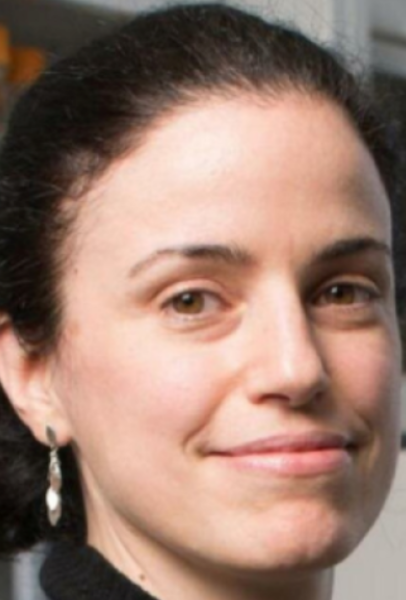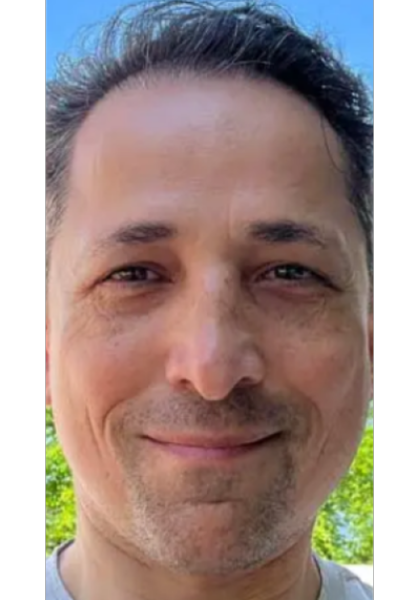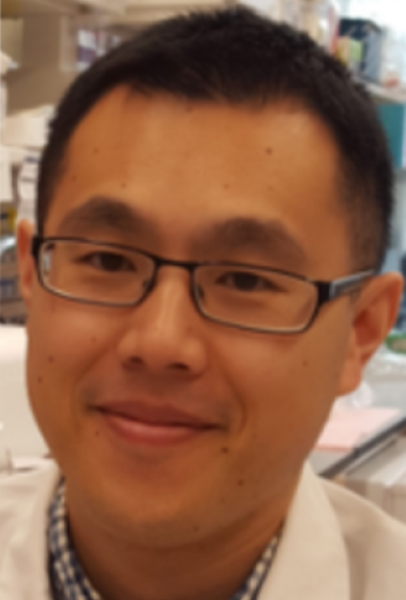2022 VELOCITY FELLOWS
 |
Elisa E. Konofagou, PHD is investigating tumor mechanical properties for predicting breast cancer treatment response. In the United States, 1 out of 8 women will develop breast cancer during their lifetime. For women with locally advanced breast cancer or certain breast cancer subtypes, neoadjuvant chemotherapy is a standard treatment option. Change in tumor size is routinely used to monitor a patient’s response to treatment, but tumor size reduction requires several weeks to months to manifest. Changes in mechanical properties — such as elasticity and viscosity — occur before tumor debulking. Konofagou and collaborators plan to investigate an ultrasound method, known as multi-parametric harmonic motion imaging, to assess the change in tumor viscoelastic properties due to chemotherapy. |
 |
Juan Manuel Schvartzman, MD, PhD is researching levering metabolism-dependent synthetic lethalities between epigenetics and replication stress in cancer. Colorectal cancer is the third most common malignancy in the United States for both men and women. Immunotherapy has revolutionized the treatment of colorectal cancer with microsatellite instability, but this feature is only present in roughly 15% of cases. Paradigm-shifting approaches to identify effective therapies for colorectal cancer are very much in need. Schvartzman hypothesizes that metabolic stressors like hypoxia and ischemia can inhibit histone lysine demethylases, restrict chromatin accessibility, and generate replication stress. He sees this process as a potential therapeutic opportunity to expand the clinical utility of PARP and ATR inhibitors, as well as other agents whose use is currently limited to rare genomic subsets. |
 |
Jeanine Genkinger, PhD is examining Supportive TReatment to Improve Vitality and Energy (STRIVE) Cohort. Recently, due to the enactment and implementation of medical and recreational marijuana laws, use of cannabis has increased in the United States, particularly for symptom management for several conditions. Due to their symptomatology, patients with cancer may benefit from use of cannabis and cannabinoids. However, detailed data describing the overall use of cannabis, beliefs about the use of cannabis, and use in diverse populations are largely lacking. Genkinger and collaborators will assess the feasibility of creating a prospective multi-ethnic cohort of patients with cancer in order to identify the benefits and harms of cannabis and cannabinoid use. |
 |
Jack Grinband, PhD is testing the use of time domain diffuse optical tomography (TD-DOT) to measure BOLD asynchrony in glioblastoma. The Grinband Lab has developed a functional MRI-based approach called BOLD asynchrony that can characterize tumor burden in patients with glioma. However, BOLD asynchrony requires MRI imaging, which is expensive, technically demanding, invasive, and is administered infrequently. The Shepard Lab has recently developed time domain, diffuse optical tomography (TD-DOT) imaging arrays that have much higher spatial resolution and depth of view than conventional optical methods. Grinband, Shepard, and collaborators will test the feasibility of TD-DOT as an inexpensive, non-invasive, and easy-to-use tool to detect tumor burden and track progression in the vast majority of glioma patients. |
 |
Edmond M Chan, MD is studying potentiating antibody-based therapies in gastro/gastroesophageal cancers. Despite the recent successes of monoclonal antibodies in the treatment of advanced gastric and gastroesophageal junction cancer, the median survival benefit is measured in months, rather than cures. With gastric cancer ranking as the fourth leading cause of cancer death worldwide, there is still a pressing need to develop more effective therapies. Chan aims to build upon the momentum of monoclonal antibodies by functionally interrogating tumor cells for drug targets that enhance the HER2 antibody trastuzumab, with a focus towards mechanisms that enhance antibody-dependent cellular cytotoxicity. |


Get The Word Out